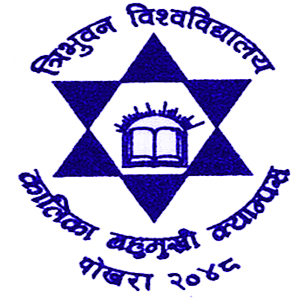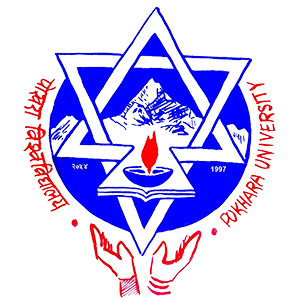Overview
Overviews of MA Nepali at Prithvi Narayan Campus, Pokhara, Nepal (Affiliated with TU)
Course Overview:
The Master of Arts in Nepali (MA Nepali) program at Prithvi Narayan Campus is designed to provide students with advanced knowledge and skills in Nepali language, literature, and culture. It focuses on the study of Nepali literature, grammar, linguistics, folklore, and literary criticism.
Course Outlines:
The MA Nepali program offers a comprehensive curriculum that includes core subjects such as Nepali language, Nepali literature, Nepali grammar, Nepali linguistics, literary criticism, research methodology, and folklore. Students also have the opportunity to select elective courses based on their interests and research areas.
Duration:
The MA Nepali program is a two-year postgraduate degree program, divided into four semesters. Each semester typically spans around six months, including examinations and breaks.
Objectives:
The objectives of the MA Nepali program are:
- To develop advanced language proficiency in Nepali.
- To provide a deep understanding of Nepali literature, grammar, and linguistic structures.
- To promote critical analysis and interpretation of Nepali literary works.
- To foster research skills and the ability to conduct independent research in the field of Nepali studies.
- To preserve and promote Nepali language, literature, and cultural heritage.
Eligibility:
To be eligible for admission into the MA Nepali program, candidates must have completed a Bachelor's degree in Nepali or a related field from a recognized university.
Fee Structures:
For detailed information regarding the fee structure of the MA Nepali program, it is recommended to contact the administration office of Prithvi Narayan Campus.
Learning Outcomes:
Upon completion of the MA Nepali program, students will be able to:
- Demonstrate advanced proficiency in spoken and written Nepali.
- Analyze and interpret literary works in Nepali literature.
- Apply linguistic theories and tools to analyze the structure of the Nepali language.
- Conduct independent research in the field of Nepali studies.
- Engage in critical analysis and literary criticism of Nepali literary works.
- Preserve and promote the rich cultural heritage of Nepal through the study of Nepali language and literature.
Scope and Career Prospects:
The MA Nepali program opens up various career opportunities in the field of language, literature, education, research, and cultural preservation. Graduates can pursue careers as Nepali language teachers, literary critics, researchers, translators, content writers, editors, cultural advisors, and heritage conservationists. They can work in educational institutions, publishing houses, research organizations, government agencies, cultural organizations, and media.
Career Options:
- Nepali Language Teacher
- Literary Critic
- Researcher
- Translator
- Content Writer
- Editor
- Cultural Advisor
- Heritage Conservationist
- Media Professional
- Government Language Officer
Why Choose this Course:
- The MA Nepali program offers in-depth knowledge and understanding of Nepali language, literature, and culture.
- Prithvi Narayan Campus, affiliated with Tribhuvan University, is a reputed institution known for its quality education in Nepali studies.
- The program provides opportunities for students to engage in research, literary analysis, and critical thinking in the field of Nepali studies.
- The study of Nepali language and literature is essential for preserving and promoting the rich cultural heritage of Nepal.
- Graduates of the MA Nepali program can contribute to the fields of education, research, literary criticism, cultural preservation, and language promotion.
Scholarship:
Prithvi Narayan Campus may provide scholarships or financial assistance to deserving and eligible students pursuing the MA Nepali program. Students can inquire about available scholarships and their eligibility criteria by contacting the administration office.
Contact Prithvi Narayan Campus's administrative office for detailed information on the MA in Nepali course, including fees, scholarships, facilities, counseling, eligibility criteria, etc.
















